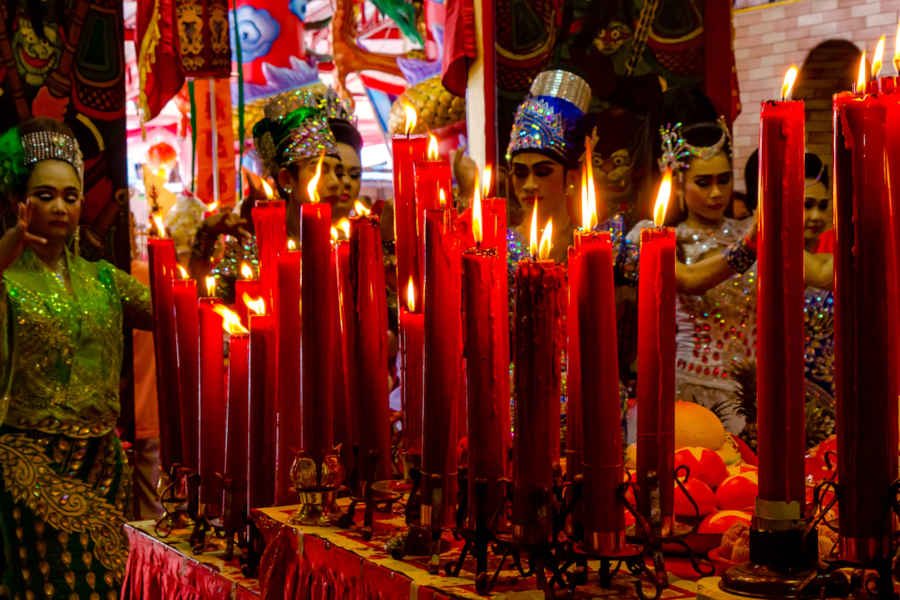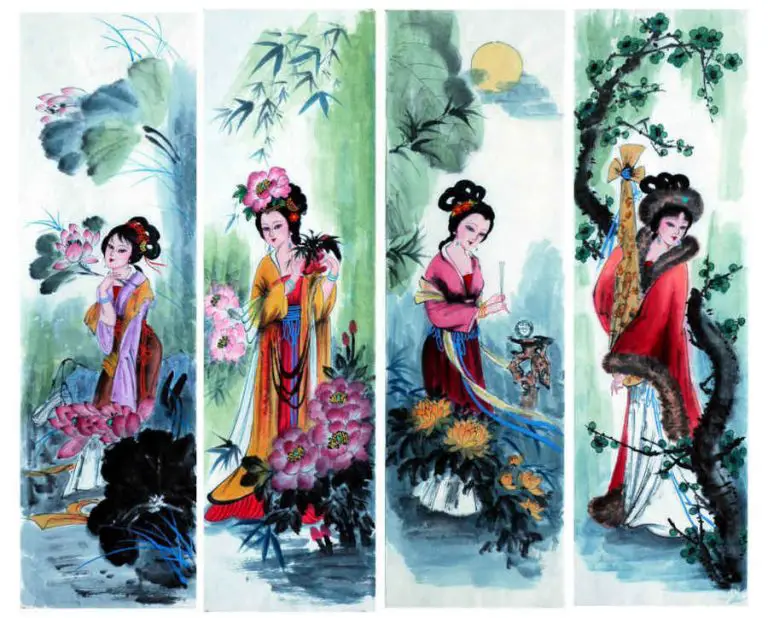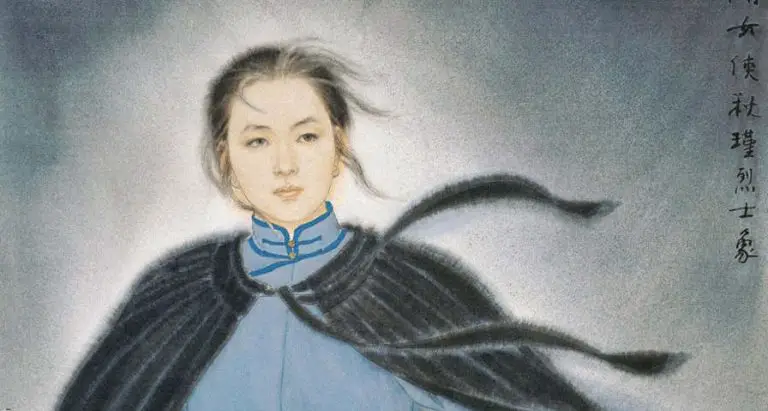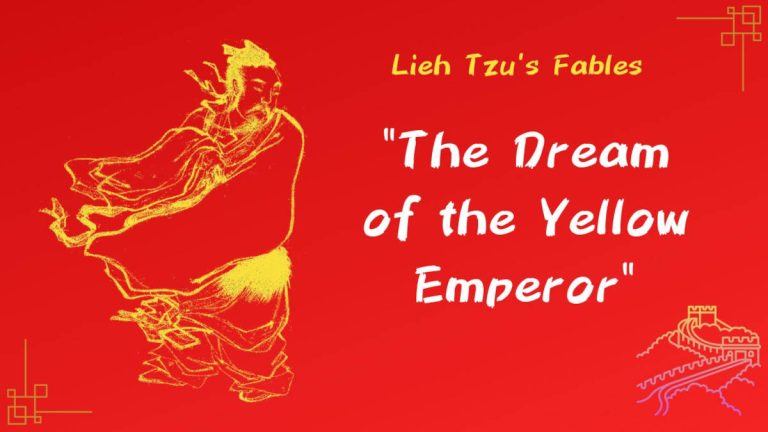Many Chinese festivals and traditions are emphasizing ancestral veneration.
The Chinese, as well as other Eastern cultures like Japanese and Koreans really venerated those who passed before. For them, death is just a transformation, as the spirit of the dead keeps living in another world. Meaning the Chinese believe that their ancestors are still watching them, and in fact, many believed that the ancestors can protect their children and even bestow them with good luck.
With that being said, the Hungry Ghost Festival is one of the Chinese major festivals that is focused on venerating the ancestors, just like other festivals like the famous Qingming Festival (Tomb Sweeping Festival) and the Double Ninth Festival.
The Hungry Ghost Festival is also known as the Zhongyuan Festival (中元節), and is celebrated every 15th day of the 7th month. As with any other Chinese Festivals, this festival is celebrated based on the Chinese Lunisolar calendar rather than our standard Gregorian calendar. So, the Hungry Ghost Festival is celebrated at different times every year, although always around July and August.
The Festival celebrated a day when the gate of the underworld is opened, releasing the spirits to the world of the living. On this day, it is also believed that the spirits of the ancestors will visit their living families to feast together.
In this post, we will learn all you need to know about the Hungry Ghost Festival, but let us begin by discussing the history behind it.
Origin and History of Hungry Ghost Festival
The concepts of afterlife, underworld, and spirits have been embedded strongly in the history of ancient China, especially after Buddhism was introduced to China around 200-220 BCE.
According to Chinese Buddhism, on the 15th day of the 7th Lunar Month, the goddess Guan Yin opened the gate of the underworld so all the spirits can enter the world of the living. These “hungry” spirits then wander the world to look for food and entertainment.
History recorded that the ancient Chinese has venerated their ancestors since the Warring States period. Early on, only the Emperor and rich nobles can afford to do so, but along with time, honoring the ancestors is a must-do tradition for everyone, the rich and the poor, the noblemen and commoners.
However, it was only during the Eastern Han dynasty period that the actual concept of the Hungry Ghost Festival was solidified, becoming a country-wide tradition, although it’s still not considered a major festival yet.
The Tang Dynasty period (618 to 907 AD) further established the Hungry Ghost Festival as one of the most important festivals in China. During this period, the Emperor of Tang declared that the festival as a mandatory festival that should be celebrated each year, which lasts until today.
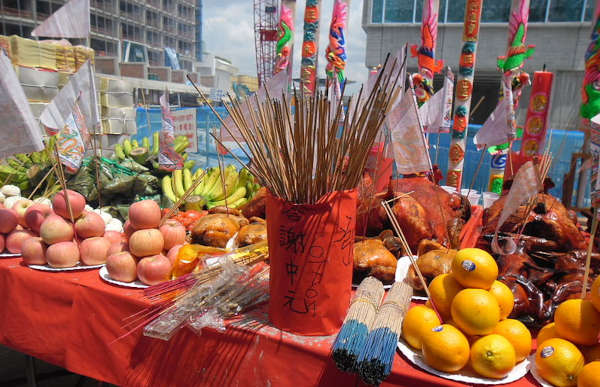
Legends and Folktales Behind the Hungry Ghost Festival
As with other festivals in China, the Hungry Ghost Festival celebration is based on legends and folktales. There are many versions of folktales telling the origin of the Hungry Ghost Festival, but the most widely known one is about a child named Mulian.
According to this popular Chinese Buddhist tale recorded in a Dunhuang Manuscript as old as the 9th century AD, Mulian was an orphan that gained the power to travel to heaven. He used the power to seek his parents in heaven.
Mulian successfully found his father in heaven, and they were both very happy with the reunion. However, Mulian also learned that his mother was actually not in heaven, but in hell. His mother was punished because, during her life, she stole money that should have otherwise be given to the wandering monks.
Mulian was really saddened about this fact and really wanted to rescue her mother from hell. Looking for a solution, Mulian asked for wisdom from the Buddha on how to rescue his mother. The Buddha instructed Mulian to prepare food offerings and gifts to monks and monasteries on the 15th day of the 7th month, to “pay” for her mother’s sins and ask for forgiveness.
Due to Mulian’s devotion, his mother was freed from hell and can join his father in heaven.
An Introduction to Chinese History & Culture (Aff.link)
Dive into China’s rich past and intriguing present! From ancient dynasties to modern powerhouses, uncover Chinese culture facts, pivotal moments, and the captivating tales that have shaped this vast nation.
Activities and Traditions During the Hungry Ghost Festival
The Hungry Ghost Festival can be considered as a unique one amongst the other Chinese festivals, especially because it deals with superstition regarding ghosts and spirits.
Many of the traditions and activities performed at the Hungry Ghost Festival are performed to ward off misfortune and bad luck caused by evil spirits, and so many of these activities are intended to avoid disturbing and disrespecting the spirits that are freed during the festival.
Here are some of the core activities performed during the Hungry Ghost Festival
Offering Food and Gifts
One of the most important traditions performed during this festival is to prepare food offering to appease the hungry spirits, hence the name of the festival. People can either prepare a table of offerings or simply place the food and gifts anywhere (i.e. on the streets).
Visiting The Temples
The Buddhist temples and pavilions are one of the main places where people can leave their food offerings but during the Hungry Ghost Festival, people also often visit the temple to burn incense paper offerings shaped as money, houses, cars, and so on. According to traditions, the spirits can bring back the burned money and gifts when they return to the underworld.
Setting Up Incense
Incense offerings are a very important element of the Hungry Ghost Festival. Incense symbolizes the respect given to the ancestral spirits who returned to the world of the living during the festival. Also, putting incense in front of stores or businesses during the festival is believed to attract wealth and good luck to the business.
Lighting Up Lanterns and Candles
During the festival people often light up candles and lanterns to attract the spirits of their ancestors. These lanterns and candles act as direction markers so the spirits can find their way to their families’ houses.
Getae Show
Getae is a type of Chinese opera which is specially designed to entertain visiting spirits and ghosts. During a Getae show, the front seats are emptied with burned incense placed on them. This show is performed to venerate the dead spirits, and also to entertain them before they return to the underworld.
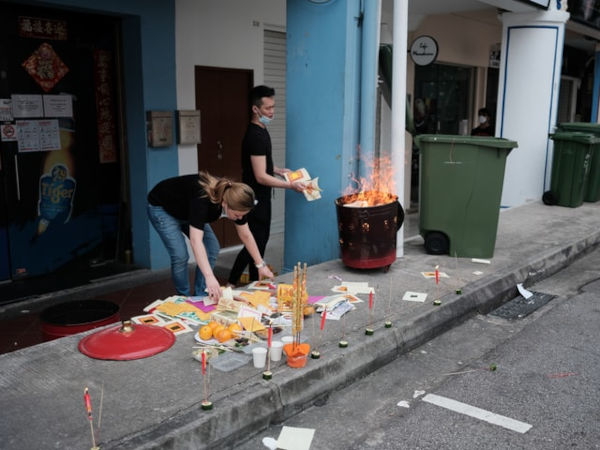
Things to Avoid During Hungry Ghost Festival
Due to the unique nature of the festival that is basically about superstitions, there are also taboos that should be observed during the festival celebration.
If you happen to visit China or other countries that celebrate the festival during the time of the Hungry Ghost Festival, it’s best to know what things you shouldn’t do throughout the festival celebration:
- Don’t step on roadside offerings
As mentioned above, people often leave their food and gifts offerings on the streets during the time of the festival. If you accidentally step (or kick) on these offerings, you should ask for forgiveness immediately. It is believed that if the spirits despised your attitude, then you’ll be followed by them, which often leads to bad luck.
- Color taboos
Avoid wearing anything colored red or black during the time of the festival. Traditions dictated that the spirits are often attracted by red or black color. If you don’t want to be disturbed or possessed by these hungry spirits, it’s best to avoid these two colors.
- Don’t come home late
It’s best to avoid wandering around at night during the time of this festival. Also, avoid taking pictures at night.
Hungry Ghost Festival in Other Cultures
Japan: Obon Festival
In Japan, there’s a festival that is really similar to the Hungry Ghost Festival, called Obon Festival. However, there are also some differences in how the festival is celebrated.
While in celebrating the Hungry Ghost Festival people are encouraged to follow curfew and avoid the evil spirits, the Obon Festival is celebrated in a different approach where people are instead encouraged to spend time with the spirits around them.
There are also some similarities between the two festivals, like lighting up candles and lanterns to provide directions to the ancestral spirits. However, there are some activities that are unique to the Obon festival, like Bon Odori, a type of traditional dance accompanied by Taiko drums, designed to entertain the spirits.
Indonesia: Sembahyang Rebutan
The Sembahyang Rebutan (literally translated to “praying and grabbing”) Festival celebrated in some areas in Indonesia is quite similar to the Hungry Spirit Festival. It is celebrated during the time when the gate of the underworld is believed to be opened so the spirits can return to their living family’s houses. The people would also offer food and gifts (fruits, rice, cakes) for their ancestors, and typically they’ll prepare empty seats at their houses for the ancestors along with the ancestors’ friends in the underworld.
Also, during this time many temples and organizations will also offer food for the poor (rice, meat, fruits, snacks, etc.), and the poor people will often try to grab the food and gifts as fast as possible (hence the name “rebutan” or “to grab” of the festival).
Check out our “Free Culture Library“. We have compiled some great free resources, about Chinese culture, for your research.
Stay in Touch
 Join our newsletter by using the forms on this website or click here!
Join our newsletter by using the forms on this website or click here! Follow us on Google News
Follow us on Google News Follow us on Facebook
Follow us on Facebook
Feature Image from Depositphotos

